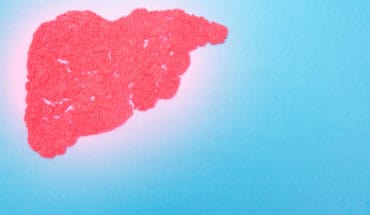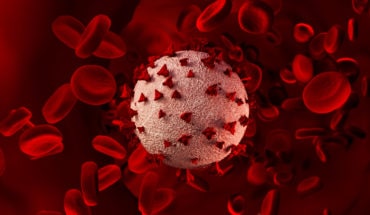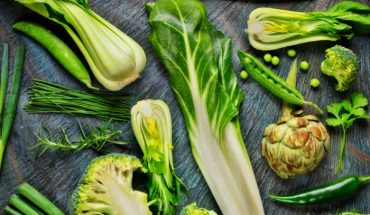Human beings are each colonised by trillions of bacteria living on surfaces such as the skin, the genitorurinary tract and the gut. Every individual has a unique microbiome which reflects diet, environment, medication and many other interactions.
The microbiome plays a key role in helping to maintain our health and keeping us free from disease by preventing harmful bacteria gaining access to our blood stream and organs. Without our microbiome, we would soon fall prey to harmful pathogens, which are kept at bay by the resident bacteria just like a plant would find it hard to grow in a dense forest where every available niche is already taken.
Without our microbiome, we would soon fall prey to harmful pathogens, which are kept at bay by the resident bacteria just like a plant would find it hard to grow in a dense forest where every available niche is already taken.
Animals that are bred in sterile conditions and are germ free are exquisitely sensitive to infection from pathogens because they have no microbiome to act as a barrier.
But infections still occur and so it may be that some microbiomes are better than others when it comes to protecting our bodies from disease. There are certain hallmarks of a ‘good’ microbiome which includes diversity of flora – there should be a diverse population of bacteria in a resident ecosystem. We are losing this diversity through over use of antibiotics, which wipes out gut bacteria, access to clean water, and focus on strict hygiene. Of course, no one is advocating removing clean water supplies, but we do need to think about how to shore up our microbiomes in the face of these challenges. We are looking at other ways to encourage diversity in gut flora through diet, use of prebiotics and probiotics.
Probiotics, which include live yoghurt products, have been shown to have a positive impact on the microbiome and help ward off disease. In one large-scale study of 4500 infants, published in Nature in 2017, it was found that those infants who received probiotics (compared to a control group that did not) halved the incidence of sepsis, a potentially fatal blood infection. Worldwide, millions of deaths are due to sepsis every year so the result was quite stunning.
In one large-scale study of 4500 infants, published in Nature in 2017, it was found that those infants who received probiotics (compared to a control group that did not) halved the incidence of sepsis, a potentially fatal blood infection. Worldwide, millions of deaths are due to sepsis every year so the result was quite stunning.
The safety record of probiotics is almost perfect and no one has been recorded as being harmed by them in the diet. In the UK and the rest of Europe there are very strict regulations which mean that the health benefits of probiotics has been somewhat ignored because to date all health claims have been disallowed. In this, we are completely out of step with the rest of the world who have embraced probiotics as a mainstay of helping prevent disease.
Another important part of our work is trying to ‘mine’ the microbiome for the good bacteria which have important effects like preventing or even killing pathogens. If we could then extract these, we could help to treat infections. The work is ongoing but promising steps have already been taken to making the microbiome work more efficiently for its human host.
Professor Colin Hill, professor of microbial food safety at University College. Cork, is talking on the theme The microbiome: manipulation, application and reaction at the Royal Society of Medicine on Tuesday 19th June 2018.
- The human microbiome at the RSM - 15th June 2018








So why are doctors destroying people’s microbiome with the use of unnecessary antibiotics and most are unnecessary, used on the basis the human body is useless and has no capacity to protect itself. Which, after a few doses of antibiotics it pretty much does not.
Prebiotics and probiotics is a multi billion dollar industry that is not yet conclusive and requires large number of studies for any definitive conclusions to be drawn. One is further surprised that some industries have now started working on smart toilets for post biotic considerations.
Collin, plz comment on the least on this topic: We’ve updated our Privacy Policy to make it clearer how we use your personal data. We use cookies to provide you with a better experience, read our Cookie Policy × Questions Raised Over Benefits of Common Probiotics NEWS Sep 07, 2018 | Original Story from the Weizmann Institute of Science. Questions Raised Over Benefits of Common Probiotics Credit: Pixabay. Every day, millions of people take probiotics – preparations containing live bacteria that are meant to fortify their immune systems, prevent disease or repair the adverse effects of antibiotics. Yet the benefits… Read more »